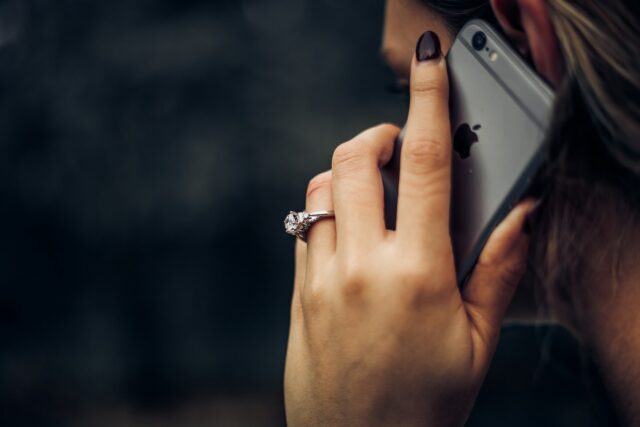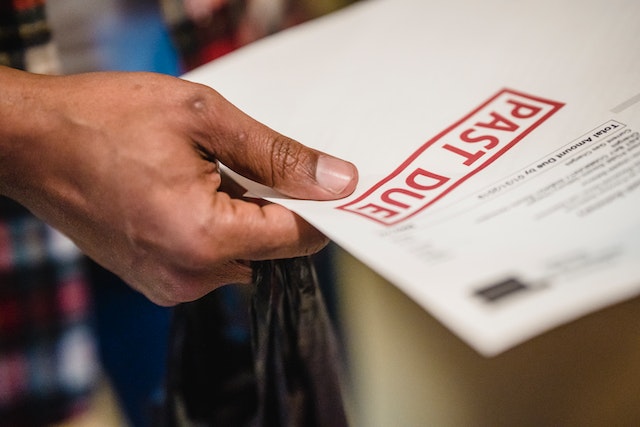One of the most beneficial aspects of filing for bankruptcy is the automatic stay, which essentially stops all collection efforts against a filer for the duration of their case. This can provide much-needed relief from constant communication from creditors and collectors looking to recoup the money they are owed. Once your case has been discharged, you may feel incredibly relieved. However, when a creditor resumes contacting you, you may be unsure of your rights. As such, if you are contacted by a creditor looking to collect a discharged debt, the following blog and Franklin County bankruptcy attorneys can help guide you through this process.
What Is a Discharge in Bankruptcy?
When you file for bankruptcy, regardless of whether you pursue Chapter 7 or Chapter 13, the primary goal of this process to to erase as much of your debt as possible. While some of this debt is paid using seized assets or from a repayment plan, many debts are discharged at the end of your case.
A debt discharge essentially means that you are no longer legally responsible for paying a debt. This is different than debt forgiveness, which is instigated by the creditor. A discharge is the result of a court order.
While it is ultimately up to the discretion of the court, you’ll find that eligible debts are often discharged at the end of a bankruptcy case. However, the following circumstances can result in the judge assigned to your case deciding not to order a discharge:
- You’ve disobeyed court orders
- You’ve failed to keep accurate records
- You’ve committed a crime
- You’ve lied or falsified records
- You’ve failed to complete the required credit counseling or debtor education courses
What Happens if a Creditor Attempts to Collect a Discharged Debt?
If you are contacted by a debt collector regarding a debt that has already been discharged, it’s imperative to understand your rights. The vast majority of collection efforts following a debt discharge are illegal. This is because your legal obligation to repay the debt has been terminated, so collectors no longer have the right to contact you, call you, send letters, or track you down in person in attempts to recover funds. Additionally, you cannot be sued or have your wages garnished over a discharged debt. The only debts you can be contacted in regards to include non-discharged debts or debts incurred after you’ve filed. If you are contacted, provide the creditor with the date of your discharge and your bankruptcy case number.
In the event you are continually contacted in regards to a discharged debt, it’s in your best interest to connect with an experienced attorney to help you through these difficult matters. At Cousino & Weinzimmer LLC, we can not only assist you through your bankruptcy case, but we can also help you in the event you are facing harassment by a debt collector. Connect with our team today to learn more about these difficult matters.




